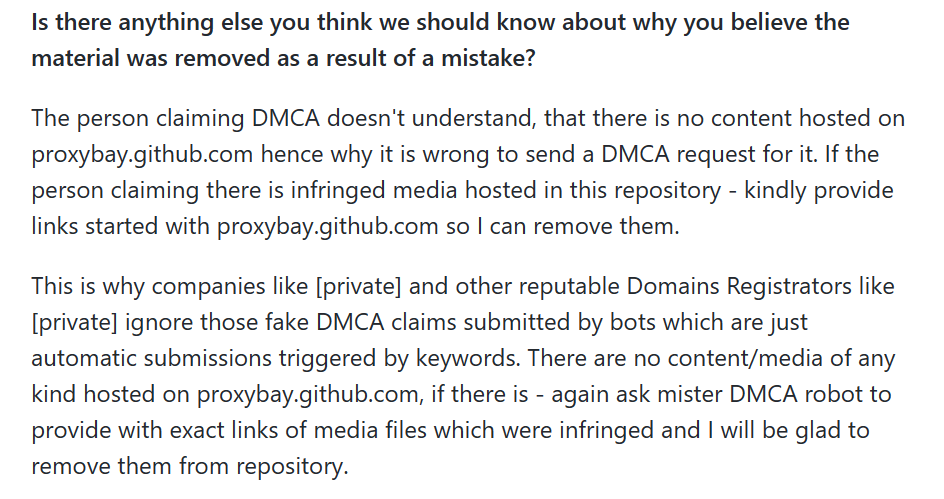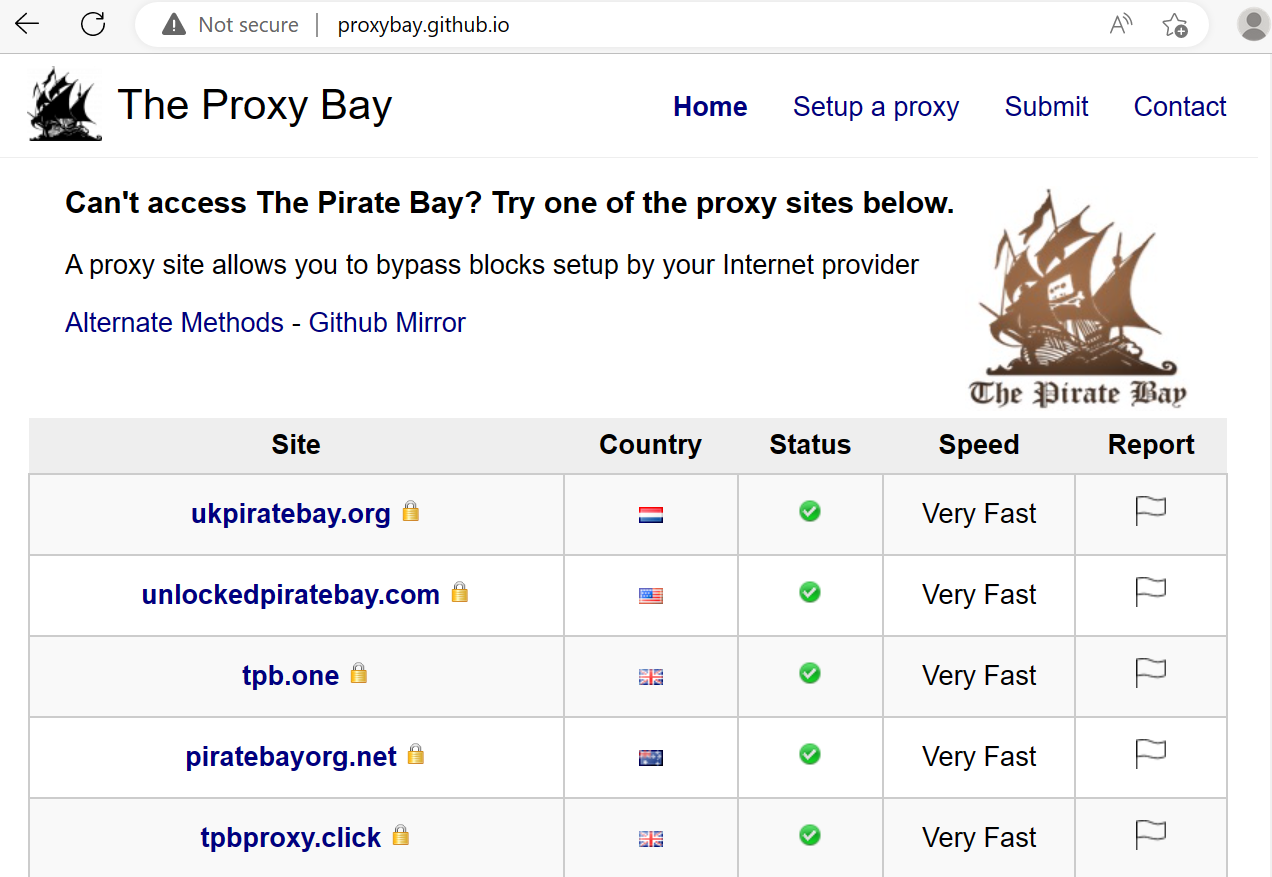 In 2020, YouTube ripper
Yout.com sued the RIAA
, asking a Connecticut district court to declare that the site does not violate the DMCA’s anti-circumvention provision.
In 2020, YouTube ripper
Yout.com sued the RIAA
, asking a Connecticut district court to declare that the site does not violate the DMCA’s anti-circumvention provision.
The music group had previously used DMCA takedown notices to remove many of Yout’s appearances in Google’s search results. This had a significant impact on revenues, the site argued, adding that it always believed it wasn’t breaking any laws and hoped the court would agree.
Dismissal and Appeal
Last October, the Connecticut district court
concluded
that Yout had failed to show that it doesn’t circumvent YouTube’s technological protection measures. As such, it could be breaking the law.
Yout
operator Johnathan Nader opted to appeal the decision. Nader’s attorneys
filed their opening brief
last week at the Court of Appeals for the Second Circuit, asking it to reverse the lower court’s decision.
The YouTube ripper is not the only party calling for a reversal. Yesterday, Microsoft-owned developer platform
GitHub
submitted an amicus brief that argues for the same. And in a separate filing, the EFF also agrees that the lower court’s decision should be overturned.
GitHub’s Amicus Brief
GitHub’s brief starts by pointing out that the company takes no position on the ultimate resolution of this appeal, nor does it side with all of Yout’s arguments. However, it does believe that the lower court’s interpretation of the DMCA is dangerous.
The district court held that stream rippers can violate the DMCA’s anti-circumvention provision. The court noted that these tools allow people to download video and audio from YouTube, despite the streaming platform’s lack of a download button.
According to GitHub, this conclusion is premature, dangerous, and places other software types at risk.
“[T]he district court’s expansive interpretation of the DMCA’s anti-circumvention provision compels GitHub to point out how the court’s rationale needlessly threatens countless other software tools in widespread use,” GitHub writes.
The developer platform is not new to this issue. The RIAA previously tried to
remove the open-source software youtube-dl
– upon which Yout.com relies – from its platform. After initially removing it, GitHub later
decided to reinstate the project
, arguing that it doesn’t violate the DMCA.
In the present lawsuit, GitHub reiterates that stream-ripping tools should not be outlawed. The fact that YouTube doesn’t have a download button doesn’t mean that tools that enable people to download videos circumvent technological access restrictions.
“YouTube’s decision not to provide its own ‘download’ button, however, is not a restriction on access to works. It merely affects how users experience them,” GitHub writes.

If the court order is allowed to stand, GitHub warns that a broad group of developers could be exposed to criminal liability, effectively chilling technological innovation.
“The district court’s expansive interpretation is particularly alarming because, unlike most copyright provisions, the DMCA imposes criminal penalties. At a minimum, those penalties underscore the importance of rejecting a construction that sweeps in a broad range of widely accepted conduct.”
Browser Extensions, Screen Readers, Ad-Blockers and More
YouTube download tools are not the only types of software at risk, according to GitHub. There are many others that affect ‘how users experience’ online websites. These could also be seen as problematic, based on the district court’s expansive interpretation of the DMCA.
GitHub lists several examples, including browser extensions such as ‘Dark Reader,’ ‘Google Translate,’ and ‘OpenDyslexic’. The same also applies to screen readers, ad blockers, and media player software such as VLC, which plays YouTube videos outside of a web browser.
These widely accepted tools could put their creators at risk if the DMCA is interpreted too strictly, GitHub warns.
“On the district court’s erroneous theory, the developers who offer those widely embraced applications could be criminals facing hundreds of thousands of dollars in fines or years in prison.”
EFF’s Amicus Brief
The Electronic Frontier Foundation (
EFF
) also submitted an amicus curiae brief yesterday. The digital rights group takes interest in copyright cases, particularly when they get in the way of people’s ability to freely use technology.
In this instance, EFF points out that stream-rippers such as Yout.com provide a neutral technology with plenty of legal uses. They can be used for infringing purposes, but that’s also true for existing technologies – the printing press, for example.
“Like every reproduction technology — from the printing press to the smartphone — these programs, colloquially called ‘streamrippers,’ have important lawful uses as well as infringing ones.
“Video creators, educators, journalists, and human rights organizations all depend on the ability to make copies of user-uploaded videos,” EFF adds.
In common with GitHub, EFF notes that the absence of a download button on YouTube doesn’t imply that download tools automatically violate the DMCA, especially when there are no effective download restrictions on the platform.
‘No Encryption’
The DMCA’s anti-circumvention provision is aimed at tools that bypass effective technological access restrictions. That doesn’t apply to YouTube’s Javascript-based code, EFF argues.
“The YouTube website code at issue in this case is different: it was not clearly designed to limit access to videos, or the ability to copy them. YouTube videos arrive at a viewer’s device with no encryption or scrambling. No login, password, key, or other secret knowledge is required to gain access.
“Tellingly, YouTube does use encryption and a password-controlled login to limit access to subscribers of its separate pay-TV service, YouTube TV,” EFF adds.
According to EFF, Yout and similar tools provide the same functions as video cassette recorders once did. They allow people to make copies of videos that are posted publicly by their creators.
In addition, these tools are vital for some reporters and useful to creatives who use them for future work.
“Journalists and human rights monitoring organizations need to be able to save copies of eyewitness videos documenting notable events, conflicts, and malfeasance. Even copyright holders and their licensees rely on tools like Yout.com to download copies of their own or licensed works.”
“This Court should reject the unwarranted expansion of Section 1201 liability, and reverse the dismissal of Yout.com’s claims,” EFF concludes.
The RIAA has yet to respond to Yout’s appeal brief. Considering the importance of the case, it seems likely that they will also receive support from other rightsholders or their representatives.
—
A copy of GitHub’s Amicus Curiae brief calling for the reversal of the lower court’s decision in favor of the RIAA is available
here (pdf)
and EFF’s brief can be found
here (pdf)
From:
TF
, for the latest news on copyright battles, piracy and more.
 chevron_right
chevron_right




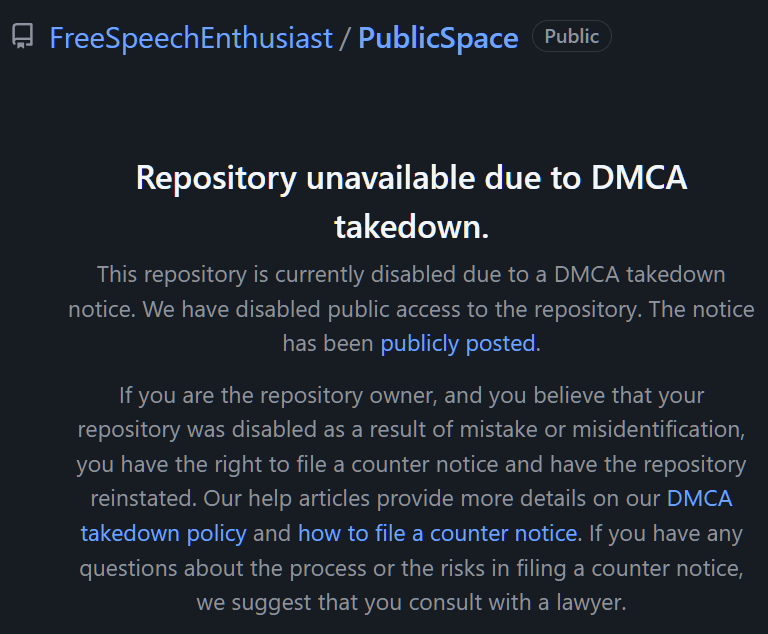
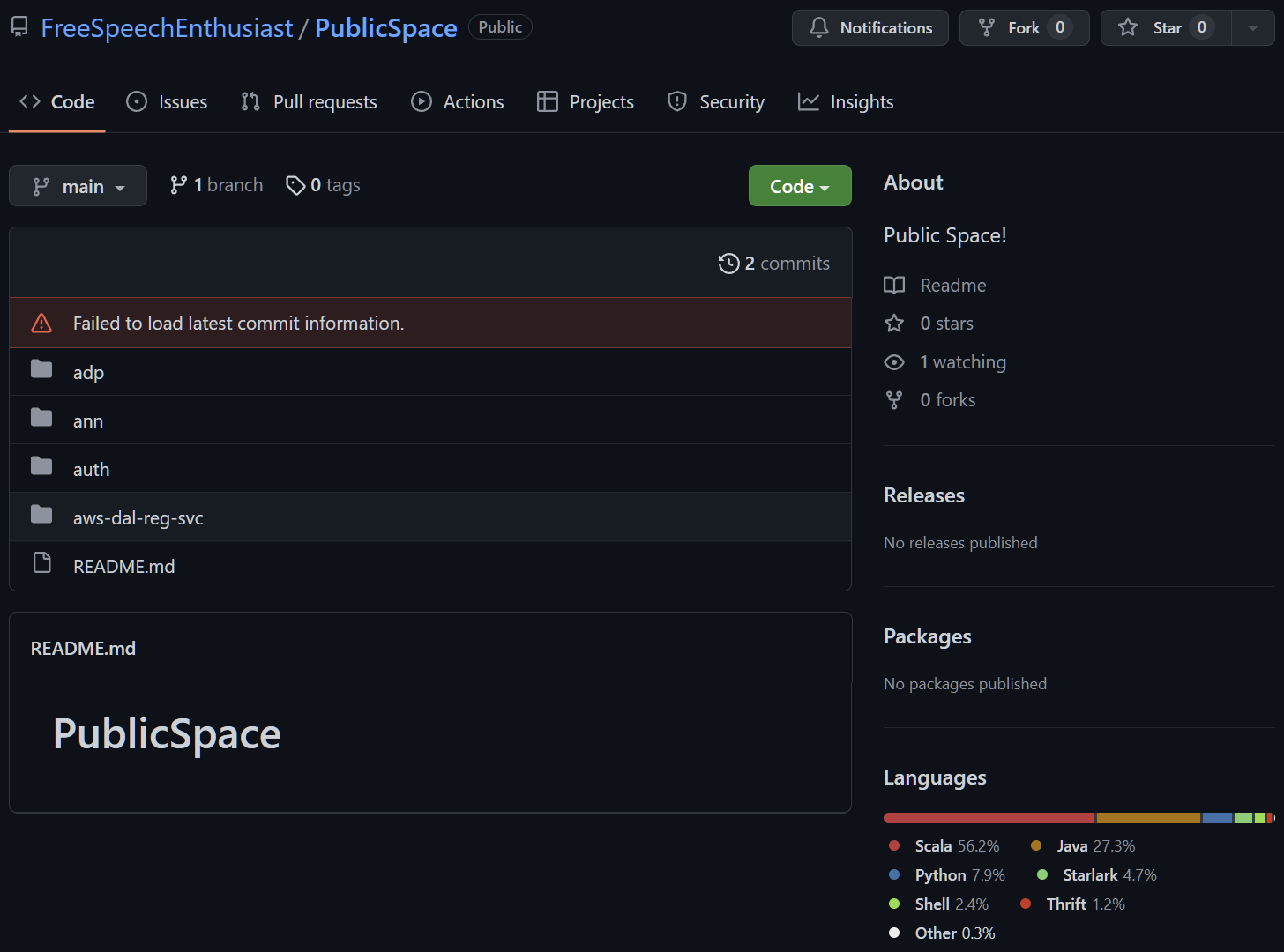



 Minecraft is, without doubt, one of the most iconic and recognizable videogames of recent times.
Minecraft is, without doubt, one of the most iconic and recognizable videogames of recent times.





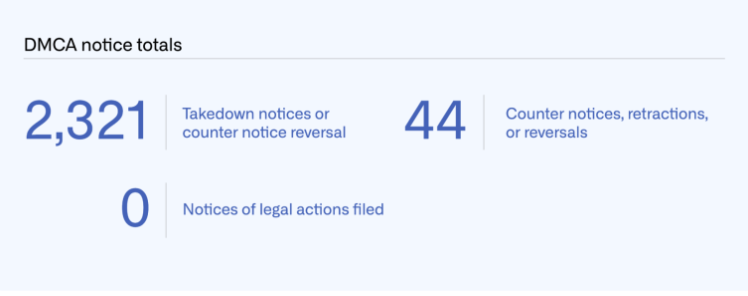
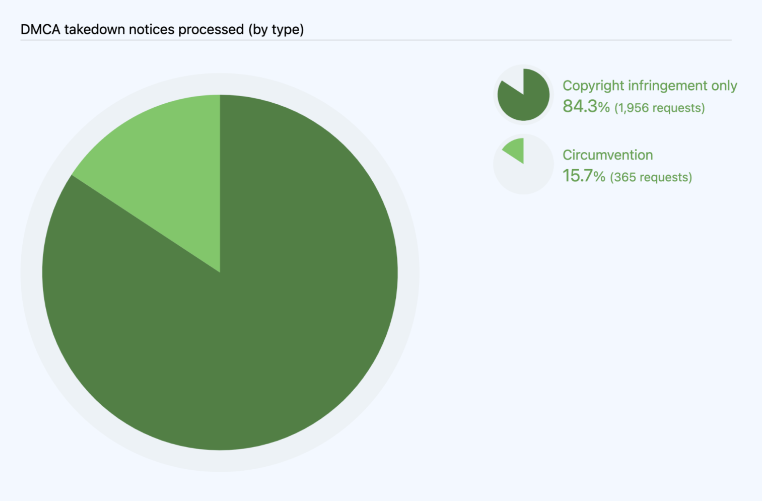
 In 2020, YouTube ripper
In 2020, YouTube ripper


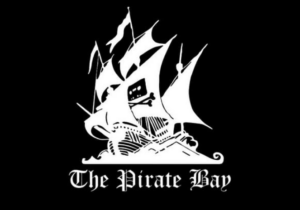 Various courts around the world have come to the conclusion that The Pirate Bay is a copyright-infringing website.
Various courts around the world have come to the conclusion that The Pirate Bay is a copyright-infringing website.
